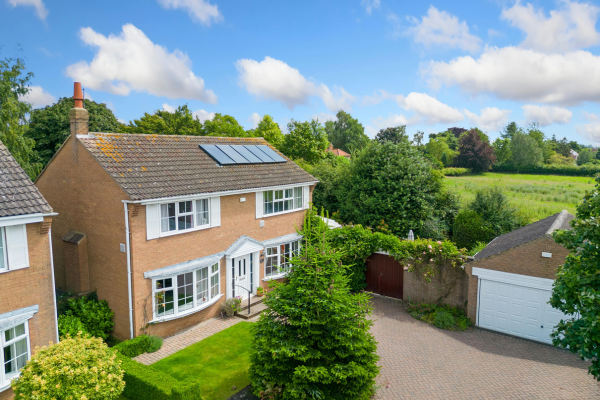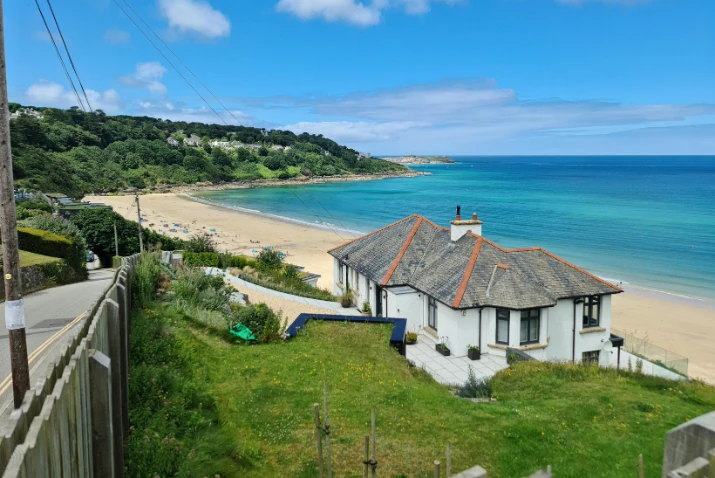Many people dream of living in a rural idyll. Being close to the sea or deep in the countryside surrounded by woods might feel like the ideal spot – and the price tag on homes in these locations certainly suggests they are desirable – but they come with pros and cons. So if you are thinking of buying on the coast, or by woodland, here are some things to consider.
There are real benefits to living on the coast and by green spaces, including:
• The views and more rural surroundings
• A less hectic pace of life
• Better air quality and lower pollution levels
• Lovely walks and outdoor activity options right on your doorstep
And because there are a limited number of homes that can have sea views and border woods, and many desirable locations have conservation policies that restrict new developments, properties tend to increase in value well. So, although you can expect to pay a premium, it could be a good investment.
However there are also potential negatives to consider, such as:
• Would it suit your lifestyle long term? How easy is it to get to and from work, friends and family, and would you have less amenities on your doorstep?
• Tourism, particularly in the summer months, and the potential noise/nuisance that could come with it
• Amenities only being open in the popular tourist months, if the place you’re considering is fairly remote

And as with any property purchase, it’s always important to investigate before moving ahead. Here are some of the specific things to be aware of:
On the coast
• Subsidence and coastal erosion is something to be particularly aware of if you’re looking at clifftop properties
• There’s the risk of flooding and damage from waves during storms, especially if your home is on the sea front
• Salt in the air causes corrosion, rust and general damage to the fabric of property, so more maintenance is required
By woodland
• Parking can be limited, and permits may be required
• The area could quickly become congested during busy periods
• A wide range of wildlife live in woods, including predators that may be a risk if you have pets
• Some wild animals can cause garden and property damage
• There may be an increased risk of property damage from wildfires
5 checks to make on a location before you buy
1. Visit at different times to see the impact of visitors and tourists – e.g. weekends, hot and sunny days, bank holidays.
2. Find out when local amenities are open and whether they shut for any extended periods – e.g. do shops shut on certain days and might some cafés or restaurants shut over the winter?
3. What specific environmental issues might affect your property?
4. How long will it take to get to and from friends and family, and how much time would the move add to work commutes?
5. How much have average prices risen there over time compared to the national average? Search on the Land Registry and speak to established local estate agents to make sure the premium you pay is likely to be a good investment.
If you’re planning to make a move in the coming months, our experts can help you understand local markets and narrow down the locations that will work best for your budget and lifestyle. Just get in touch with your nearest branch and have a chat to one of the team.








